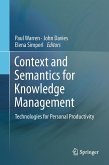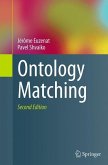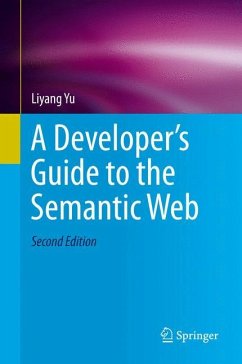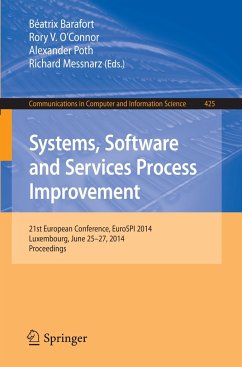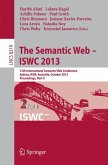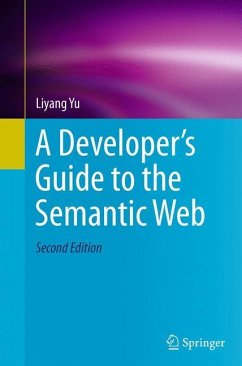In the mid 1990s, Tim Berners-Lee had the idea of developing the World Wide Web into a "Semantic Web", a web of information that could be interpreted by machines in order to allow the automatic exploitation of data, which until then had to be done by humans manually.
One of the first people to research topics related to the Semantic Web was Professor Rudi Studer. From the beginning, Rudi drove projects like ONTOBROKER and On-to-Knowledge, which later resulted in W3C standards such as RDF and OWL. By the late 1990s, Rudi had established a research group at the University of Karlsruhe, which later became the nucleus and breeding ground for Semantic Web research, and many of today's well-known research groups were either founded by his disciples or benefited from close cooperation with this think tank.
In this book, published in celebration of Rudi's 60th birthday, many of his colleagues look back on the main research results achieved during the last 20 years. Under the editorship of Dieter Fensel, once one of Rudi's early PhD students, an impressive list of contributors and contributions has been collected, covering areas like Knowledge Management, Ontology Engineering, Service Management, and Semantic Search.
Overall, this book provides an excellent overview of the state of the art in Semantic Web research, by combining historical roots with the latest results, which may finally make the dream of a "Web of knowledge, software and services" come true.
One of the first people to research topics related to the Semantic Web was Professor Rudi Studer. From the beginning, Rudi drove projects like ONTOBROKER and On-to-Knowledge, which later resulted in W3C standards such as RDF and OWL. By the late 1990s, Rudi had established a research group at the University of Karlsruhe, which later became the nucleus and breeding ground for Semantic Web research, and many of today's well-known research groups were either founded by his disciples or benefited from close cooperation with this think tank.
In this book, published in celebration of Rudi's 60th birthday, many of his colleagues look back on the main research results achieved during the last 20 years. Under the editorship of Dieter Fensel, once one of Rudi's early PhD students, an impressive list of contributors and contributions has been collected, covering areas like Knowledge Management, Ontology Engineering, Service Management, and Semantic Search.
Overall, this book provides an excellent overview of the state of the art in Semantic Web research, by combining historical roots with the latest results, which may finally make the dream of a "Web of knowledge, software and services" come true.
"This is an excellent collection of contributions on advancements in the World Wide Web (WWW)--the semantic Web in particular--in the last 20 years. The book is primarily intended for researchers in the semantic Web field. I recommend it especially for newcomers." - M. Bielikova, ACM Computing Reviews, August 2012


